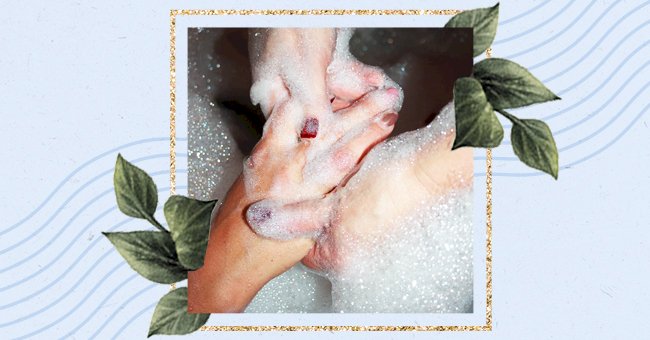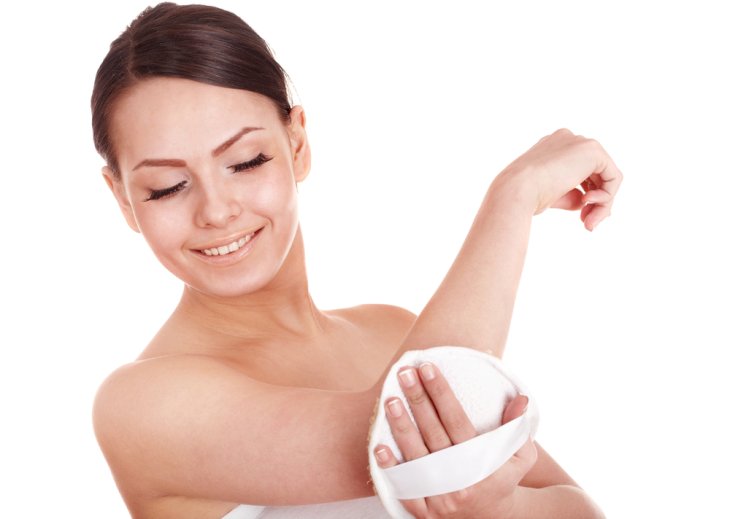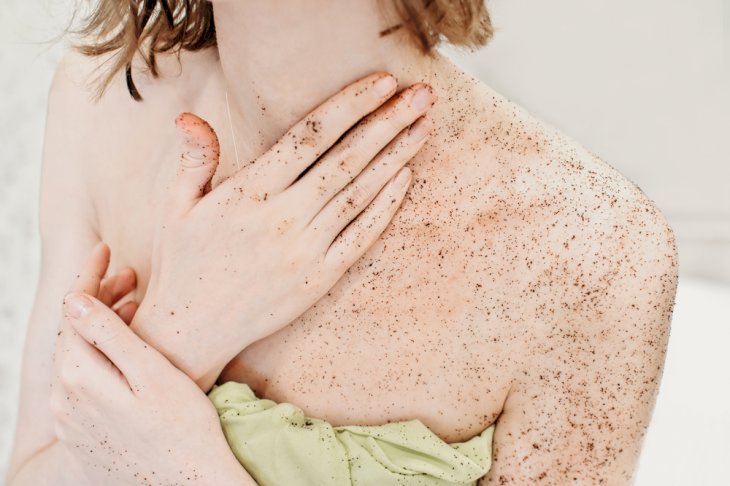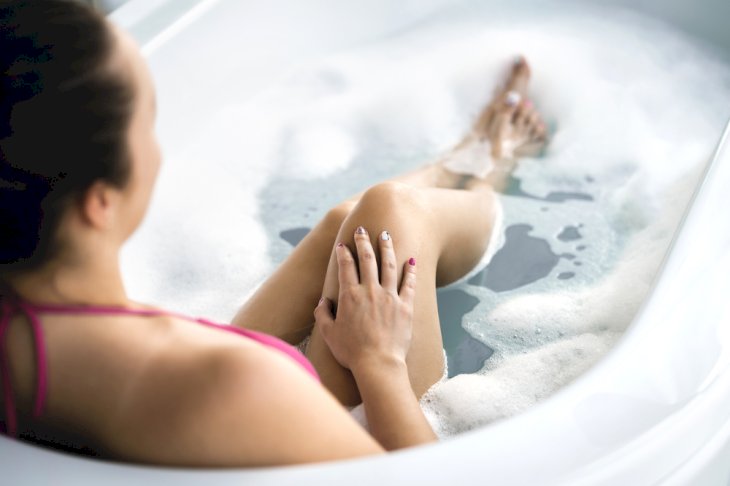
Exploring Whether Or Not We Should Shower Daily
It's time to put the debate to rest. There are many opinions on how regularly one should shower, all surrounding the question of how much is too much? Well, two things define how you look at showering: societal standards and medical information.
Social standards dictate that a daily shower is preferred. It elevates your standard of cleanliness and improves your personal appearance. Moreover, you feel at home in your social circles.
Personal hygiene does provide health benefits, and most people do need to shower regularly. However, is it possible that you could be showering too regularly? Is it possible that an idea that sounds this counterproductive could be beneficial?
Showering By Season

Shutterstock
Many parts of the US experience changing seasons. Therefore it might be wise to change your shower schedule accordingly. For instance, dermatologists recommend protecting yourself from dry skin due to the falling temperature and indoor heating.
Therefore, shorten your shower routine should be shortened to 5 to 10 minutes. Using warm water instead of hot water, applying the smallest amount of cleanser, and drying skin gently after bathing. However, it is advised that if temperatures are low, you can decrease the frequency of showering. However, you may want to increase the frequency during the heat of summer.
Showering By Age

Shutterstock
According to the American Academy of Pediatrics, it is not necessary to bathe babies daily. The best time to start giving babies a regular full body wash is when they begin crawling or eating.
Also, it is advised that children age 6-11 can have daily baths, but every 2 - 3 days is recommended. However, once they hit puberty, daily baths are ideal. Lastly, for adults, the frequency can vary from job to job. The less grueling the job is, you can wash either once or twice a week.
So Then, How Much is too Much?

Shutterstock
That squeaky clean feeling on your skin after the shower does not mean that you are clean. It just means your skin is dry. If you suffer from eczema or psoriasis, a daily shower may increase the chances of irritation if the skin is too dry. Using a clean washcloth in the groin and underarms each day is sufficient, including changing underwear.
Your face, however, is more exposed to the elements. Therefore, it is of great importance to wash your face every single night to rid it of dirt and makeup or sunscreen. Failure to do so can clog pores over time. Hand washing is doubly essential, especially when you're sick, exposed to sick people, and, of course, after every visit to the bathroom.
What Happens When You Do Not Bathe Enough

Shutterstock
Do not take this as your excuse not to shower. Just like having too much of a good thing is bad for you, too few of it is also a problem. Not showering frequently will stimulate the bacteria usually present on the skin to cause body odor, especially if you have been exercising.
Moreover, poor hygiene caused by not showering can trigger an adverse reaction on the skin. The build-up of dead skin cells plus dirt and sweat will make your body a prime location for acne, and make conditions like psoriasis, dermatitis, and eczema even worse.
Takeaway

shutterstock
There you have it. You can bathe too often. You can get through with cleansing to keep up with your personal hygiene. The frequency of showers can vary from season to season, job to job, and age to age.
However, at the end of the day, personal hygiene is personal. Do what you feel is best for you. If you have an underlying condition, it would be best to try out having fewer showers to tame the inflammations. Moreover, it is essential to keep up your cleaning schedule to avoid body odor and good skin bacteria.